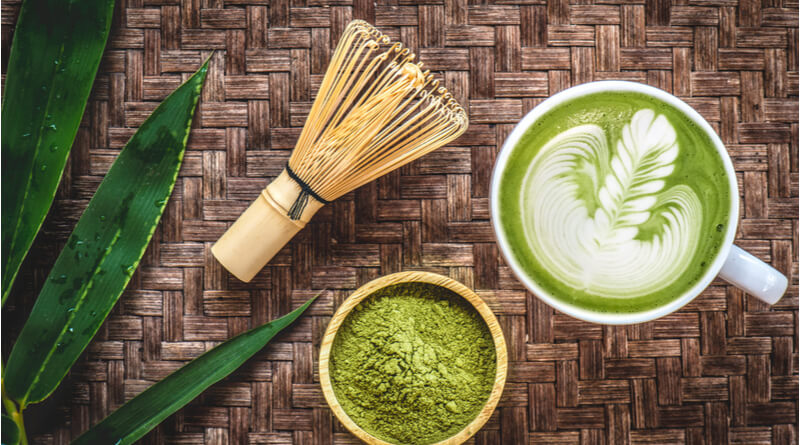Matcha tea has blown up in popularity over the last decade or so. We now live in the era of matcha-everything. There’s matcha tea, matcha shots, matcha lattes, matcha ice cream. It’s the flavor that very few people have to learn to love; it’s just that good. Matcha tea is very close to green tea – they both come from the Camellia sinensis plant. But matcha is grown and produced differently than green tea and has its own specific nutrient profile. Matcha possesses all of the nutrients from the entire tea leaf which gives it more caffeine and antioxidants than what is normally found in green tea.
Matcha Health Benefits
As a result of its overloaded nutrient profile, matcha has several astounding health benefits:
- High in Antioxidants
Matcha is very high in antioxidants known as catechins. Matcha is estimated to have 137 times the catechins available in green tea. The antioxidants stabilize free radicals which are harmful compounds that can damage cells and develop chronic diseases. - Protects the Liver
The liver is designed to help flush out toxins, metabolize drugs, and process nutrients. Matcha has been shown to protect the liver and kidneys by preventing damage to them. It also has the ability to reduce liver enzyme levels. When liver enzyme levels are elevated, they serve as a sign of liver disease. - Boosts Brain Functionality
Studies have shown that matcha plays a significant role in enhancing brain functionality. Matcha can cause improvements in memory, reaction time, and attention. It has also been shown to increase the cognitive abilities in elderly people who suffer from degenerative brain diseases like Alzheimer’s disease. - Helps Prevent Cancer
Some of the health promoting compounds found in matcha help to prevent certain types of cancer. The compound has also been shown to reduce tumor size and slow down the growth of breast cancer cells.








